When it comes to planning for a financially comfortable retirement, it’s important to utilize all the resources at your disposal. A Health Savings Account (HSA) is a smart financial tool that allows you to save for healthcare costs in the present, yet also offers benefits that extend beyond the short-term. The HSA can offer triple tax savings because you can contribute the money pre-tax, withdraw the money tax-free, and pay no taxes on the earnings. Your HSA funds can also grow over time, carrying over year after year to be used for qualified medical expenses during any stage of your life. Read on to learn how your HSA can be part of your present and future financial plan – even during your retirement years.
How a Health Savings Account Works
If you choose an eligible high-deductible health plan at work or in the private marketplace, health savings accounts are frequently offered as a feature of those plans. In essence, they work like a savings account to cover medical costs. You pay into them with pre-tax funding and those savings can cover current medical costs that your health insurance plan may not cover. Because of their triple tax-free opportunity, an HSA can be a powerful tool to also help you save for future financial needs. The HSA is different from an FSA because with an FSA you have to spend it within a specific period of time or lose the funds. As already mentioned, your HSA funds remain in your account year after year.
It’s important to note that health savings accounts do come with contribution limits. The 2023 IRS limits for HSA contributions are $3,850 for self-only coverage and $7,750 for family coverage. Those 55 and older can contribute an additional $1,000 as a catch-up contribution.
To maximize the benefits of your health savings account in strengthening your retirement plan, we’ll discuss practical strategies below:
Strategy 1: Saving for Health Care
Many people plan their financial strategies around goals such as retirement, college, or the purchase of a dream home. While helpful, this planning leaves an important gap that an HSA may fill. Considering your retirement healthcare expenses as part of your strategy is critical because we are all apt to require more healthcare services as we age. In fact, today’s retired couples can expect to spend approximately $315,000 on health needs during their retirement years. So, even if you aren’t eligible for a health savings account, it’s important to set aside savings specifically for your future health needs.
Strategy 2: Investing Health Savings Account Funds
Another benefit of health savings accounts is that you can usually invest some or all of your HSA dollars, rather than simply using it as a savings account. This means you can benefit from tax-free growth over time, taking advantage of compound interest. A financial planning professional can help guide you on where to invest this money with a sound mix of safe growth and high-yield opportunities for your HSA portfolio.
Strategy 3: Using Your Health Savings Account in Retirement
We’ve discussed many benefits already, but here’s what makes your HSA a truly fantastic tool to strengthen your retirement strategy: Once you retire, you can use your HSA funds for purposes other than qualified medical expenses like hearing aids, dental care, nursing services, or vision care. Here are a few ways retirees might utilize these funds:
- Medicare: An HSA can be a bridge to help you pay for healthcare costs if you retire before age 65. This can be achieved in only two ways: it can help pay for COBRA employer-sponsored coverage and pay premiums if you are receiving unemployment benefits.
- Premiums: While not all premiums are covered, an HSA can help pay for certain Medicare expenses, like Part D and Part D prescription-drug coverage premiums.
- Long-term care: Many times, your HSA funds can be used to cover the costs of a long-term care insurance policy.
Anything you’d like: After age 65, you can also withdraw HSA funds for any use you’d like – things such as purchasing a vacation home, starting a new business, and much more. This flexibility is advantageous, though you will be required to pay income tax on such withdrawals.
Strategy 4: Including Your HSA as a Part of Your Estate Plan
With proper planning, your HSA assets may be eligible to pass along to your heirs. If your named beneficiary is your spouse, your HSA account passes intact to them (whether or not they are HSA eligible). They can then use the HSA inheritance on the same terms and conditions, with the same benefits and responsibilities, as you or any other HSA owner. If you choose someone other than a spouse, such as your children or a sibling, they do not get the same benefits. They’d be required to take a full distribution from the account, which would be taxable to them.
Naming your estate as the beneficiary is something you might consider if you don’t have a specific person in mind to receive those assets. Any funds in your HSA will be transferred to your estate after you pass away. When your executor files your tax return, HSA monies would be treated as taxable income.
Taking the Next Steps Towards a Health Savings Account Strategy
While an HSA may not always be top of mind when planning your financial future, it bears consideration in your strategy because it can offer significant benefits – now and into the future. And, if you’d like to learn more about how an HSA can be utilized as part of your comprehensive financial plan, we can help.
At Principal Preservation Services, we help our clients craft a retirement game plan that suits their unique needs and goals. We make your retirement planning our priority so that you can gain the security and peace of mind you deserve. If you’d like to schedule an introductory conversation with a member of our team, please contact us today!









